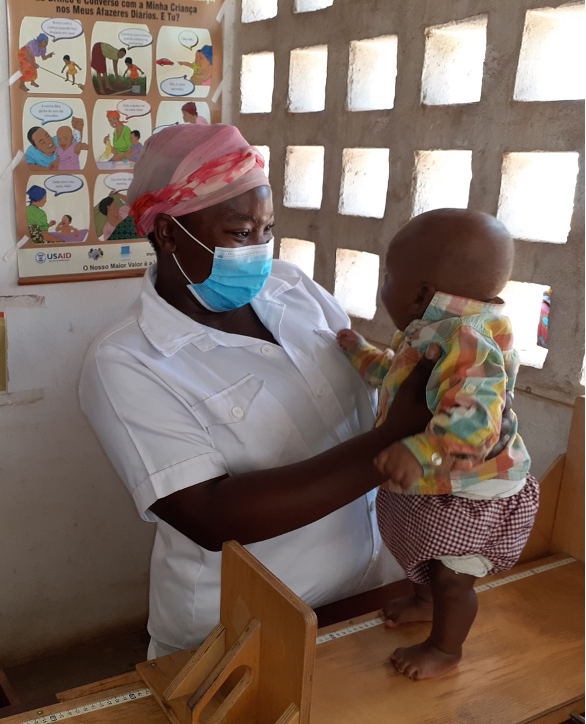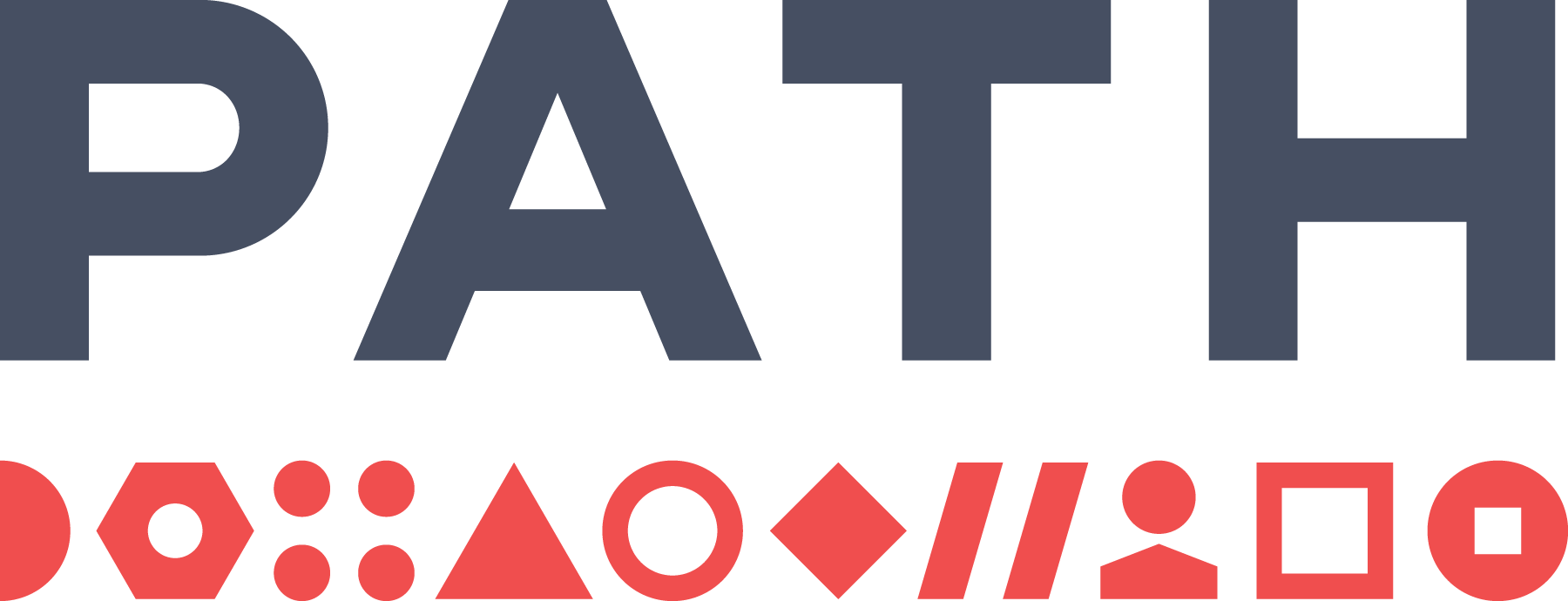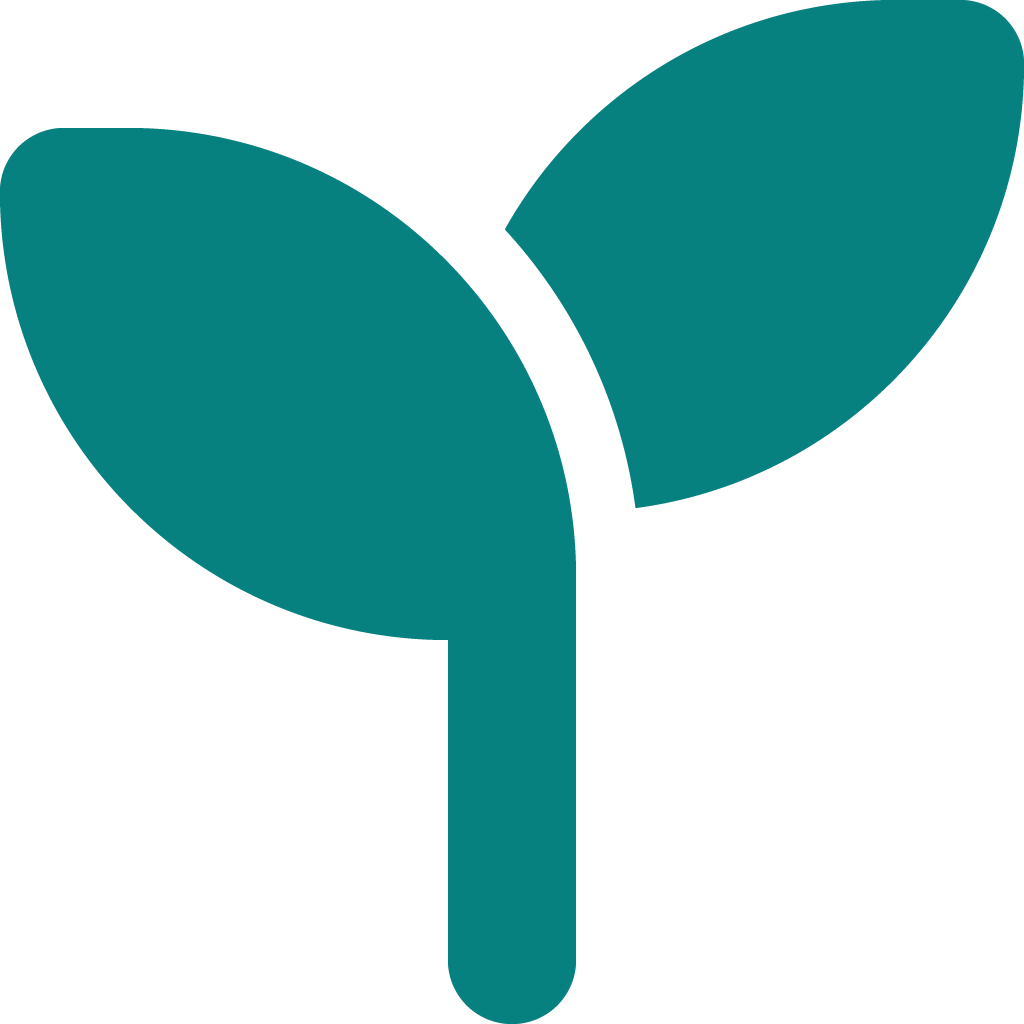Evolution of approaches & tools
When looking for tools to support the integration of ECD services into routine health care, PATH identified a Care for Child Development (CCD) package (WHO, UNICEF, 2012) as a suitable resource. This package was originally developed as an Integrated Management of Childhood Illnesses (IMCI) module, and several IMCI flipcharts adopted in eastern and southern Africa after 2012 have indeed included a Care for Child Development counseling card.



